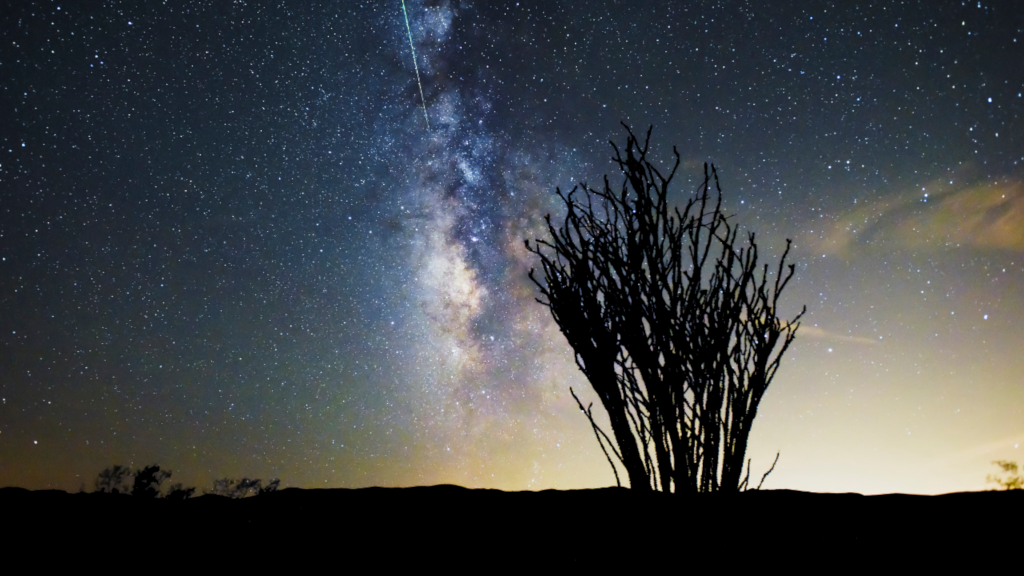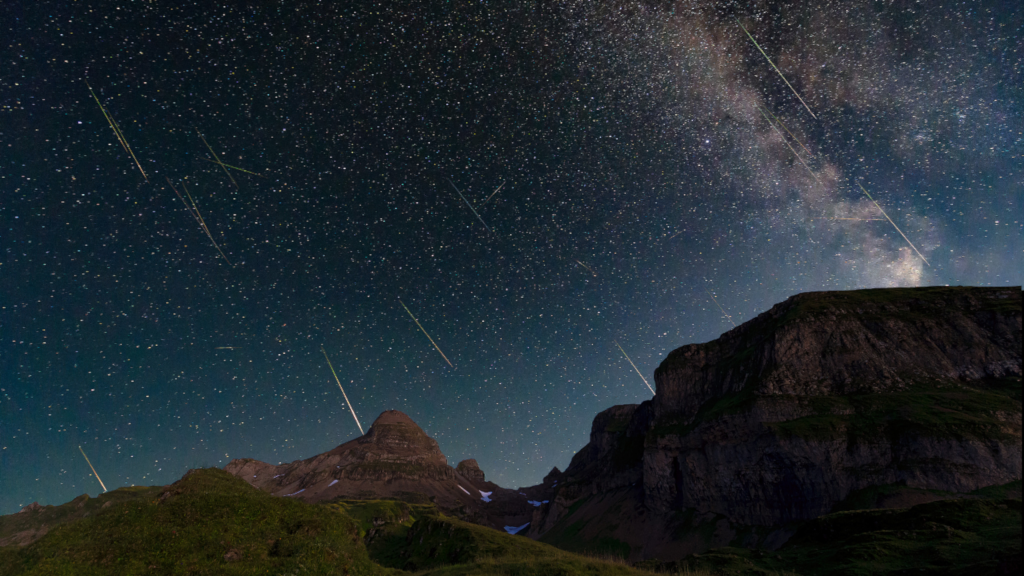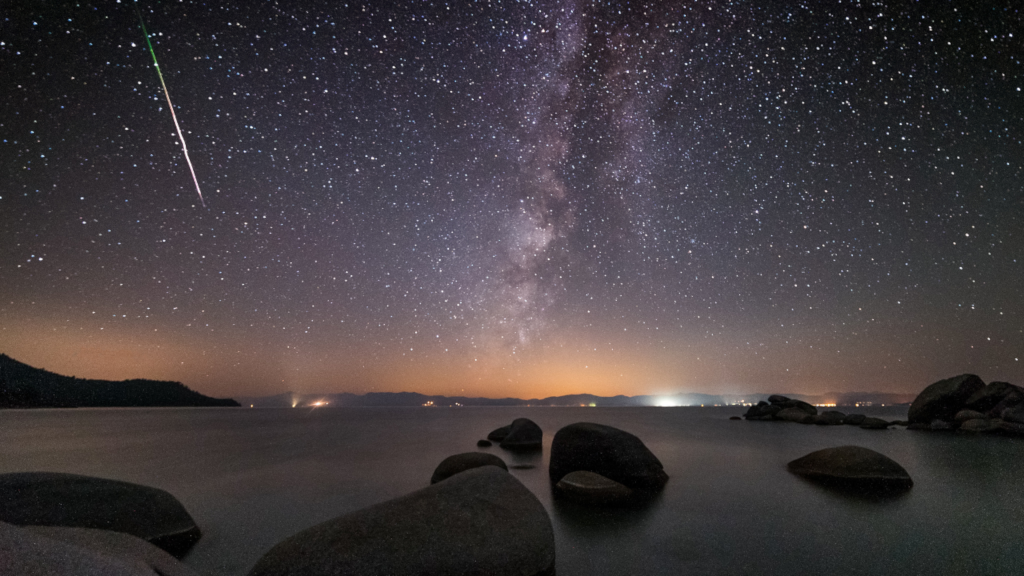Our Radioactive Past
Radioactive nuclei are produced by nuclear reactions inside stars and ejected by stellar winds and supernova explosions. Analysis of meteorites has proven that many of them were present at the birth of the Sun. Their decay produced heat inside the first rocks that formed in our Solar System changing their evolution and how much water they carried to the terrestrial planets. But where did these radioactive nuclei came from? Which stars were responsible for making them? What is the history of the chemical matter that ended up building up our Sun, our planets, and ourselves? With RADIOSTAR we address these questions with the final aim of understanding where our Solar System and the life within it stand in relation to the vast population of extra-solar planetary systems in the Galaxy.

Many stars contributed to the chemical elements in the Solar System both before and after its matter was incorporated into a cloud where stars form. The picture we have is only sketchy, with radioactive nuclei we can discover the details of this story.
Acknowledgements
RADIOSTAR is a project of the Consolidator Grant (CG) scheme of the European Research Council (ERC) ERC-2016-COG - Grant Agreement 724560.
News Highlights
Explanation of isotopes formed during supernova explosions
Explosions in the cosmos: core-collapse supernovae
Radioactive isotopes from stars
Radioactive isotopes: astrophysics answers in abundance
How were the chemical elements born?
Meteorites remember conditions of stellar explosions


